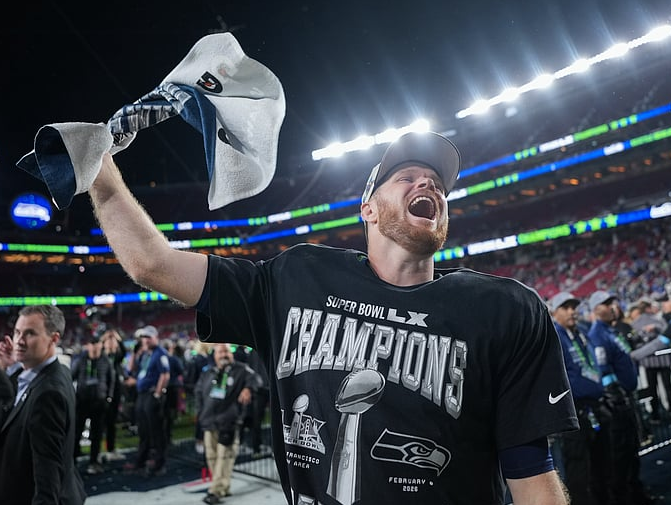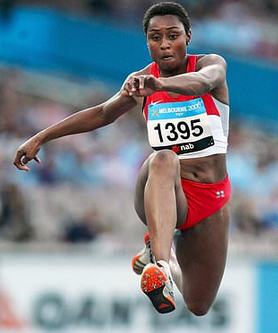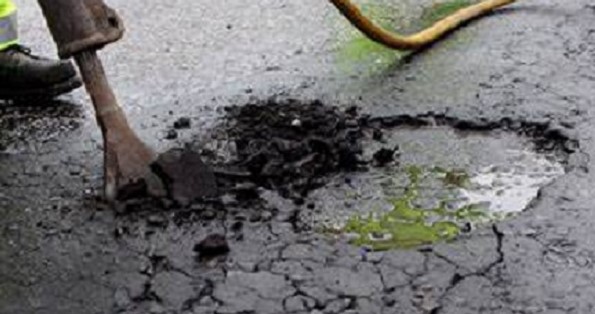Sporting Equals has officially launched MenoFit, a groundbreaking new initiative designed to make menopause visible and supported across every community in the UK.
The national launch, held in London, marked a pivotal moment in the conversation around women’s health, inclusion, and cultural equity. Funded by players of the People’s Lottery, MenoFit will support 250 women across London, primarily from Black, South Asian, and ethnically diverse backgrounds, through the perimenopause and menopause transition.
The programme combines physical activity, education, and community engagement to improve health outcomes and challenge the deep-rooted inequalities that persist in menopause awareness and care. “This isn’t just about launching a project — it’s about starting a movement,” said Nik Trivedi, Acting CEO of Sporting Equals.
“Menopause affects over half of the UK population directly yet remains one of the most neglected health and social issues of our time. For too long, diverse women’s voices have been missing from the conversation — MenoFit is here to change that.” With the fact that more Black women will feel the debilitating effects of the menopause two years earlier than white women, former Olympian, Michelle Griffith-Robinson (pic), shared her menopause journey, highlighting the challenges for Black women.
The former triple-jumper, who competed at the London Games, and now ambassador for ‘The Menopause Charity’, spoke out about her experiences with perimenopause, highlighting the unique challenges Black women face during this transition. “Black women are suffering in silence,” she says.
First notarising signs of perimenopause at 46, the signs included irregular periods and changes in her emotional state. Now a life coach, she remembers: “I began to notice irregular periods and I was beginning to lose my sense of self.
“The pivotal moment came when my periods changed, and I noticed dark bleeding. But even when I visited my doctor, they didn’t mention perimenopause; instead, they focused on other issues.”
Research shows stark disparities in how menopause is experienced and supported across ethnic groups.
- Black women typically reach menopause two years earlier than white women yet are underrepresented in research and policy.
- South Asian women report higher levels of sleep disturbance and low mood but face barriers to clinical support due to stigma or language.
- Only 8% of ethnically diverse women feel they have adequate workplace menopause support (Fawcett Society, 2022).
Behind these figures are women leaving jobs, withdrawing from relationships, and losing confidence because existing systems were not designed with them in mind.
“MenoFit recognises that this is not just a health issue — it’s a matter of equity, belonging, and justice,” said Nik Trivedi. MenoFit is co-designed with women with lived experience, ensuring that every aspect — from content to delivery — reflects the needs and voices of the communities it serves.
Through focus groups, peer consultations, and partnerships with community and faith centres, MenoFit meets women where they already are.
The programme offers:
- Weekly online physical activity sessions
- Monthly in-person gatherings
- Menopause education and wellbeing workshops
- Peer-led support networks, including digital communities
By taking a place-based approach, MenoFit removes barriers such as travel, language, and cultural stigma — creating safe, trusted spaces for women to learn, connect, and thrive. Beyond direct delivery, MenoFit aims to drive systemic change by building an evidence base that reflects the realities of ethnically diverse women in the UK.
Insights from participants will inform national policy, workplace practice, and healthcare provision, ensuring that inclusion is embedded by design, not by chance. “True inclusion doesn’t happen by accident — it happens through intentional design and collaboration,” added Nik Trivedi.
“When one woman is empowered, her whole community shifts.” MenoFit invites funders, researchers, and partners to join this growing movement — to ensure that menopause is no longer a journey of silence or shame, but one of strength, visibility, and pride.
A fully independent body and national partner of Sport England and Sport Scotland, Sporting Equals is continuing to promote race equality across sport and physical activity.
[NT1]Have we had PPL's input for the press release?..deffo get it before it goes out.











